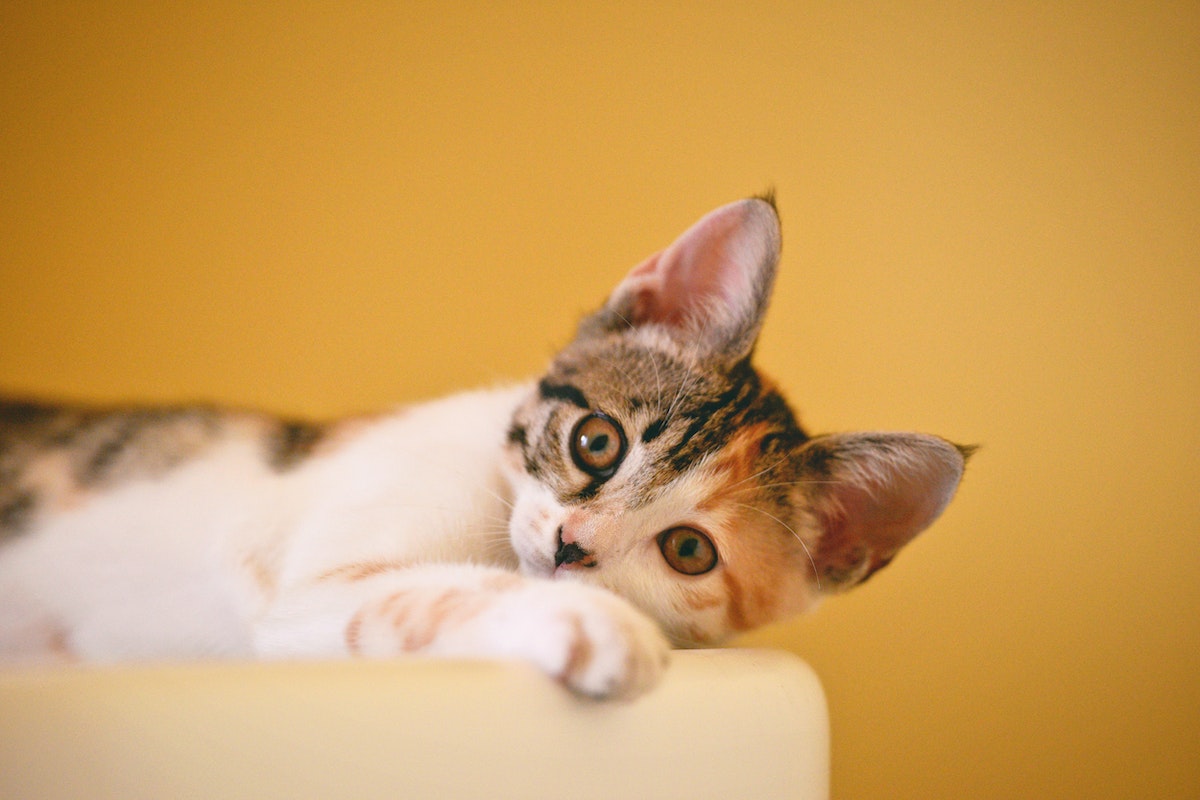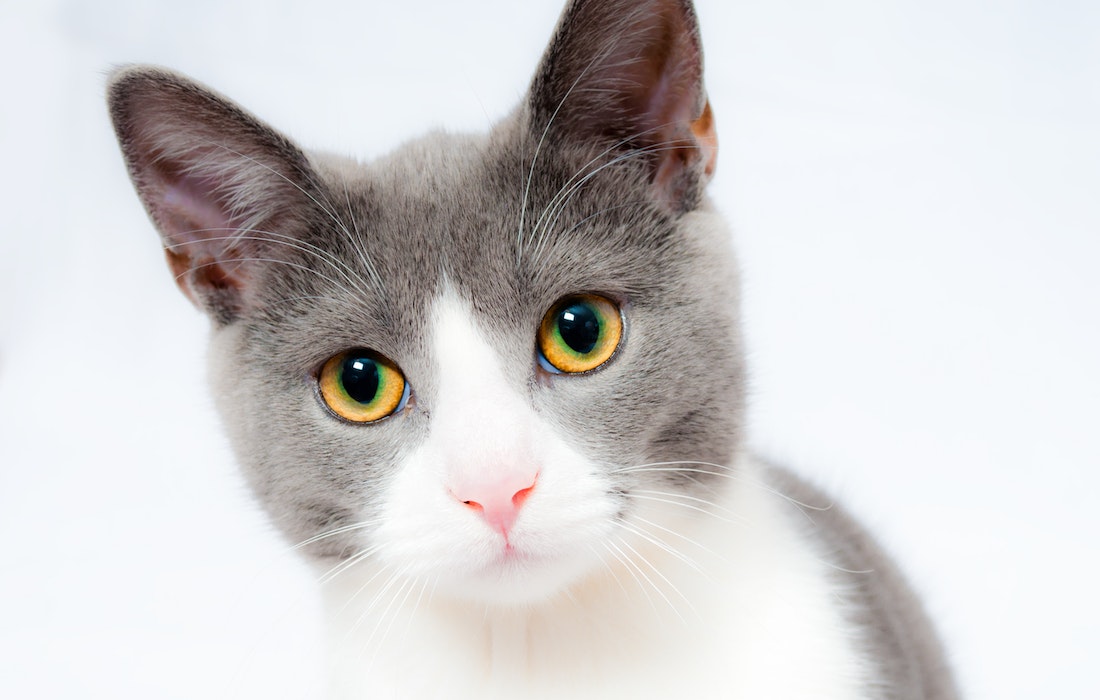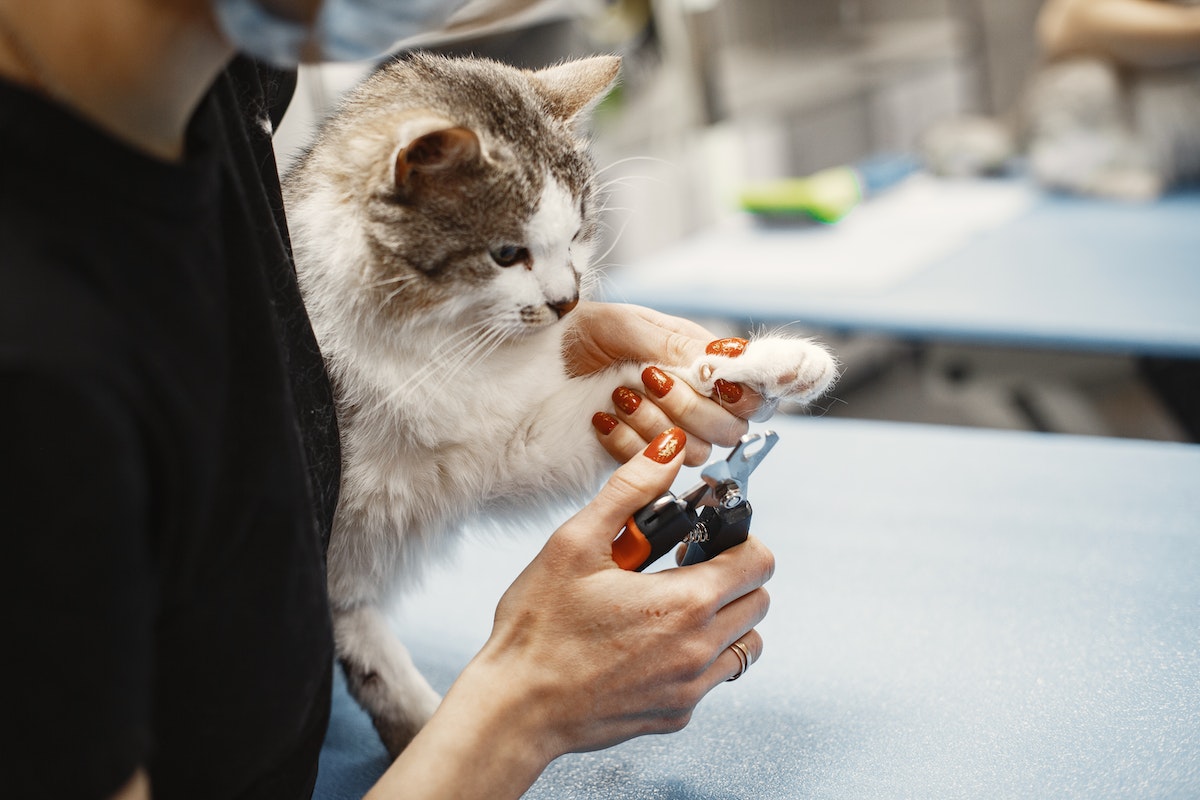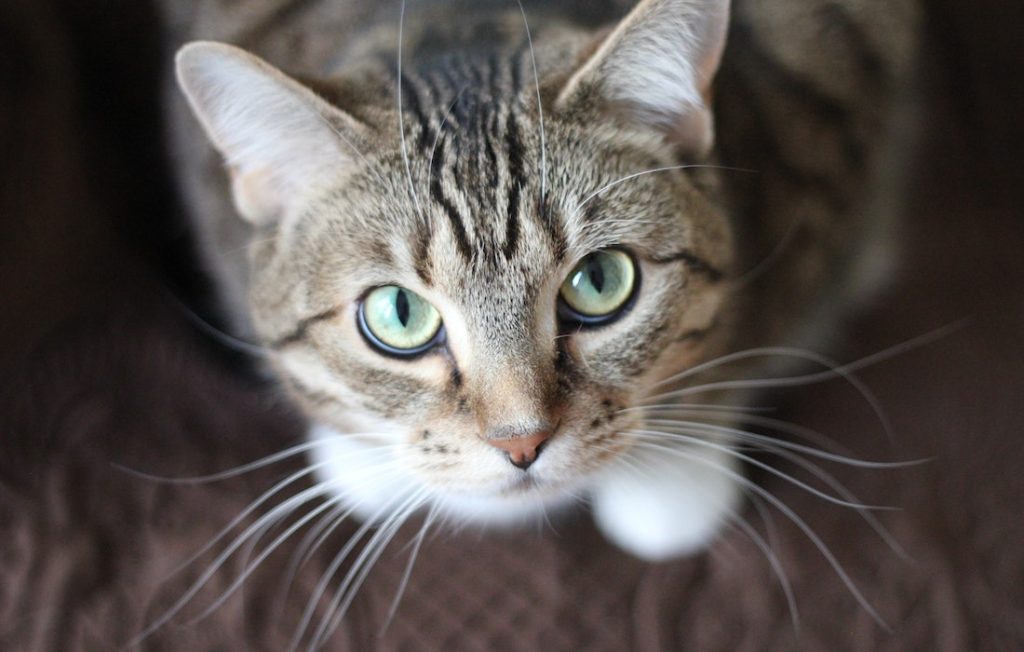If you’re a cat owner or a feline enthusiast, you may have noticed that your furry friend’s ears sometimes feel unusually warm to the touch. While it’s not uncommon for cat ears to be slightly warm, excessively hot ears can be a cause for concern.

Understanding the potential underlying issues associated with hot cat ears can help you provide the necessary care and attention to ensure your feline companion’s well-being. In this article, we’ll delve into the topic of hot cat ears, exploring the possible reasons behind this phenomenon and shedding light on why paying attention to this symptom is important. So, keep reading to find out more!
Causes Of Cat Ears Hot
If you’re someone who loves keeping cats as pets, then you’ve probably wondered why your cat’s ears feel hot, there can be several potential causes behind this phenomenon. While it’s normal for cat ears to be slightly warmer than the rest of their body, excessively hot ears could indicate an underlying issue that requires attention. Let’s explore some common causes of hot cat ears and why identifying the root cause is crucial for appropriate treatment.
- Inflammation: Inflammation is one of the primary reasons for hot cat ears. It can occur due to various factors, such as allergies, irritants, or trauma. When the body’s immune system responds to these triggers, it causes increased blood flow to the affected area, leading to warmth and redness in the ears.
- Infection: An ear infection, whether bacterial or fungal, can cause the ears to become hot to the touch. Infections may result from factors like ear mites, yeast overgrowth, or trapped moisture in the ear canal. It’s important to address ear infections promptly, as they can cause discomfort and potentially lead to more serious complications if left untreated.
- Allergies: Cats can develop allergies to environmental factors like pollen, dust mites, or certain foods. Allergic reactions can cause inflammation and increased blood flow to the ears, resulting in warmth. Monitoring your cat for other allergy symptoms, such as sneezing, itching, or skin irritation, can help determine if allergies are the cause of their hot ears.
- Excessive Blood Flow: In some cases, hot ears can simply be a result of increased blood flow due to factors like exercise, excitement, or a change in environmental temperature. Both domestic and stray cats have a remarkable ability to regulate their body temperature, and their ears play a role in this thermoregulation. During moments of heightened activity or warm surroundings, the blood vessels in their ears dilate to release heat, causing them to feel warm.
Identifying the underlying cause of hot cat ears is crucial for appropriate treatment. If you notice consistently hot ears or any accompanying symptoms like discharge, odor, excessive scratching, or behavioral changes, it’s important to consult a veterinarian. They can perform a thorough examination, possibly including ear swabs or blood tests, to determine the cause and recommend the most suitable course of action.
Remember, each cat is unique, and the causes of hot ears may vary. Your veterinarian will guide you through the diagnostic process and develop an individualized treatment plan based on your cat’s specific needs. By addressing the underlying issue, you can help your feline friend find relief from discomfort and ensure their overall well-being.
Keep a close eye on your cat’s ears and monitor any changes in temperature or behavior. With prompt attention and appropriate care, you can help your cat stay comfortable, happy, and healthy.
Why Are Cat Ears Hot?

Cat ears often feel warm or hot, which is not merely a trivial observation but rather an important indicator of their well-being. The heat in a cat’s ears is primarily due to their efficient blood circulation system. Cats have a dense network of blood vessels in their ears, allowing increased blood flow to this area. This enhanced blood flow aids in regulating body temperature by dissipating excess heat from the body’s surface.
Thermoregulation, the process by which an organism maintains its internal temperature, also plays a role in cat ear heat. Cats can adjust blood flow to their ears based on the surrounding temperature. In colder conditions, blood vessels constrict to reduce heat loss, while in warmer environments, they dilate to facilitate heat dissipation.
Various factors influence the temperature of a cat’s ears. Physical exertion, high ambient temperature, anxiety, stress, or fear can all cause the ears to feel notably warm. However, if a cat’s ears consistently feel excessively hot or are accompanied by other concerning symptoms, it may indicate an underlying health issue. Infections, inflammations, or allergies can lead to persistently hot ears, requiring veterinary attention for diagnosis and treatment.
The heat in a cat’s ears stems from their efficient blood circulation and ability to regulate body temperature. Cats use their ears to dissipate excess heat and maintain a comfortable internal temperature. While warmth in a cat’s ears is generally normal, persistent or extreme heat and other unusual symptoms should prompt a veterinary examination. Monitoring a cat’s ear temperature, behavior, and overall well-being is essential for ensuring its health and happiness.
Consulting A Veterinarian

If a cat’s ears consistently feel hot or if other concerning symptoms accompany the heat, it is crucial to seek veterinary advice promptly. A veterinarian is trained to assess and diagnose potential underlying health issues that may be causing excessive heat in the ears. During a veterinary examination, the veterinarian will thoroughly examine the cat, including their ears, to determine the cause of the symptoms.
They may ask about the cat’s medical history, conduct a physical examination, and potentially perform diagnostic tests such as blood work, cultures, or imaging. Consulting a veterinarian ensures proper diagnosis and appropriate treatment, providing the best care for your feline companion’s health and well-being.
Conclusion
Understanding why a cat’s ears become hot reveals the intricate workings of their circulatory system and thermoregulation. The warmth in a cat’s ears is a natural result of their efficient blood circulation and their ability to regulate body temperature. While warmth in the ears is generally normal, it is important to pay attention to persistent or extreme heat levels, especially when accompanied by other concerning symptoms.
Seeking veterinary advice in such cases is vital to ensure the cat’s health and well-being. A veterinarian can conduct a thorough examination, perform necessary diagnostic tests, and provide appropriate treatment if needed. By staying vigilant and seeking professional help when necessary, we can ensure that our feline friends lead happy and healthy lives.

